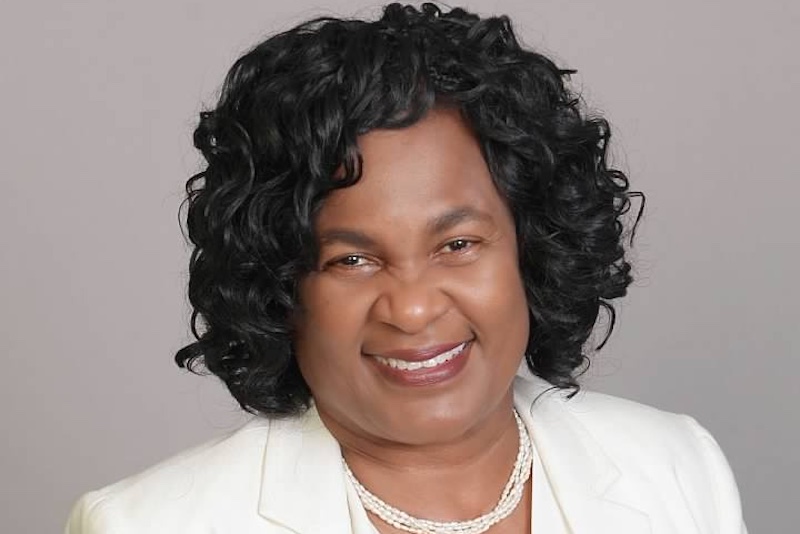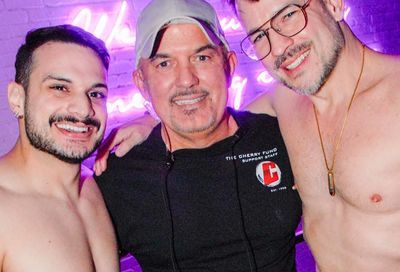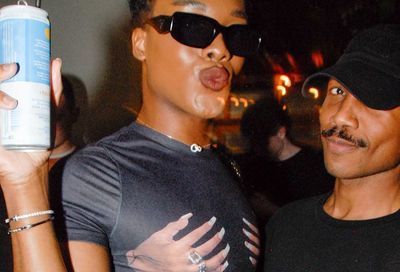For young gay men of color, experts argue for more holistic approach in HIV fight
During an AIDS 2012 panel discussion this morning looking at a particular health disparity, “Equity for YMSM of Color in the USA” – YMSM being an acronym for “young men who have sex with men” – several experts shared their views that countering inequities in HIV care and treatment for this population is not a simple matter of resources. Instead, they raised issues of societal stigma combined with internalized attitudes leading to poor decisions about health and behavior.
The explained that homophobia or childhood trauma may contribute to “syndemics” – meaning a series of interconnected epidemics, such as poverty, bullying and abuse, intimate partner violence, depression and substance abuse – which, in turn, drive riskier sexual behavior that can increase chances of acquiring HIV, the panelists shared.
Dr. Keith Rawlings, of the Dallas-based AIDS Arms Inc., said the existence of disparities in health care is not a new phenomenon, but that because of those existing disparities, simply expanding the system and giving people access to health care through measures like the Affordable Care Act is not going to be enough to effectively detect and treat HIV/AIDS in this American YMSM population, among the hardest hit by the epidemic.
Rather, Rawlings said, the challenge is dependent on engaging this population, who rarely interact with health care providers, and get them to make wiser health care decisions, such as getting regular checkups. He also said providers should remain vigilant for signs of underlying problems that might require counseling or mental health treatment, an issue for which he was critical of the African-American community, arguing that, as a whole, this community has been reluctant to embrace mental health and counseling treatments.
Looking at those who provide health services to this YMSM popluation, Dr. Ron Stall, professor and chair of the Department of Behavioral and Community Health at the University of Pittsburgh, said those providers must adopt a more holistic approach to treating young gay men of color, rather than focusing on HIV and STDs alone.
“Scientists are just obsessed with the area between the knee and the navel when it comes to gay men,” Stall said, citing a study showing that the more psychological/emotional health problems a person has, the more likely it is he will engage in high-risk sex, leading to greater HIV prevalence.
Dr. David Malebranche, an HIV/AIDS specialist and an assistant professor at Emory University School of Medicine, said that the attitudes of health care and service providers and their interactions with patients need to be changed to address any underlying trauma or feelings of self-hatred, inadequacy or depression that could place them at risk of acquiring HIV.
For instance, Malebranche said health care providers often lecture patients about the need for safe sex but may overlook or fail to ask questions relating to a patient/client’s state of mind. After a patient discloses they have been involved in riskier sexual behavior, health care professionals need to ask why.
The panelists agreed that, while there is needed improvement from all parties, health care providers must find innovative ways to engage the younger MSM population – particularly those of color – and connect them with whatever treatment is necessary, stressing the importance of combining biomedical and behavioral interventions, such as medication partnered with the use of condoms.
Support Metro Weekly’s Journalism
These are challenging times for news organizations. And yet it’s crucial we stay active and provide vital resources and information to both our local readers and the world. So won’t you please take a moment and consider supporting Metro Weekly with a membership? For as little as $5 a month, you can help ensure Metro Weekly magazine and MetroWeekly.com remain free, viable resources as we provide the best, most diverse, culturally-resonant LGBTQ coverage in both the D.C. region and around the world. Memberships come with exclusive perks and discounts, your own personal digital delivery of each week’s magazine (and an archive), access to our Member's Lounge when it launches this fall, and exclusive members-only items like Metro Weekly Membership Mugs and Tote Bags! Check out all our membership levels here and please join us today!



















